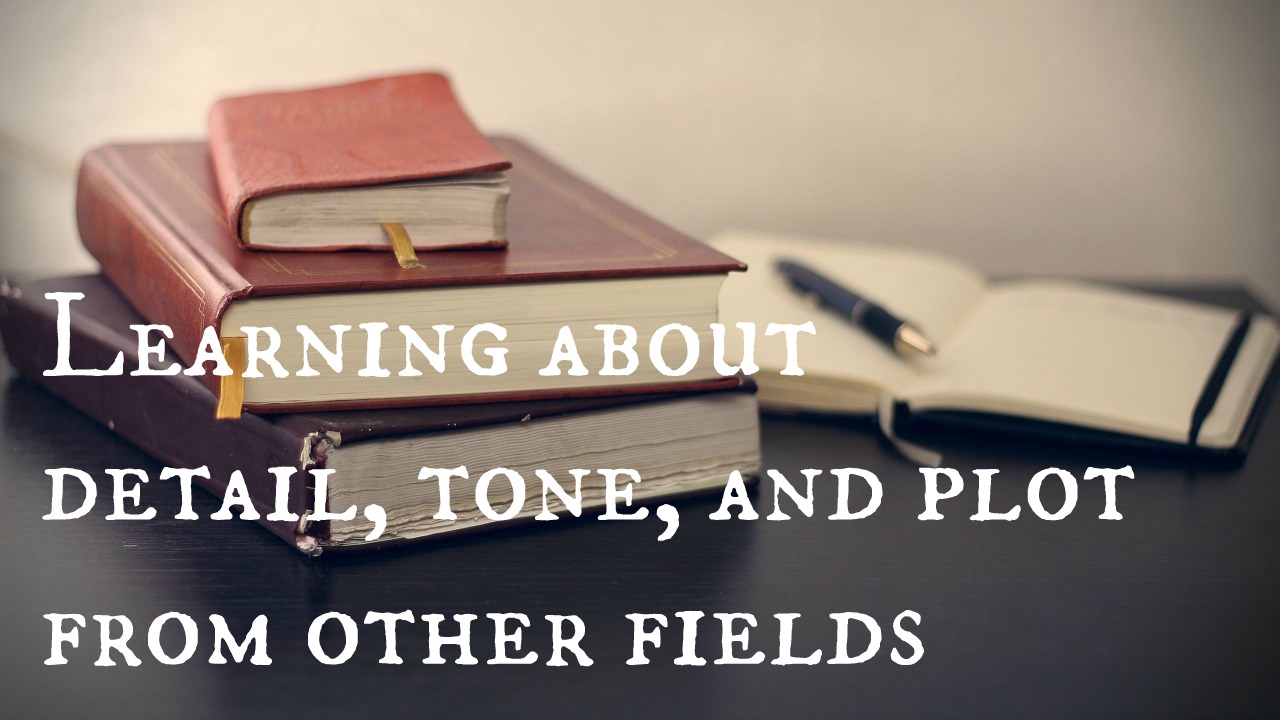
Notice: I did not say OTHER hobbies. Writing is no hobby.
If you want other people to take your writing seriously, you have to take it seriously first. Writing is my job. It may not pay me very much right now (which is the #1 reason it is so hard for others to view it as a job), but people do all kinds of jobs that don’t pay. Whether it’s volunteering for the library, school, church, or community, most people do some kind of work for free – or they have at some point in their lives. Often, those “jobs” can turn into employment. If you volunteer at the library for long enough, they may offer you a position when it becomes available. The same goes for church or school. I take writing seriously and call it a job in the hopes that someday, someone will say, “Hey, you do this job really well. Let me pay you to do it!”
A pipe dream, I know.
Now that we’ve established the writing – paid or unpaid – is a job, we can discuss hobbies. Many creative people direct their strengths into one area while dabbling in others. For me, writing has always been my creative focus. However, I have been known to paint, draw, and sing. I don’t do these things nearly as much these days as I once did, but I can still utilize those hobby skills to inform my job – writing.
My MFA program at Spalding University has an Interrelatedness of the Arts component, which encourages students to view fine art, listen to musical compositions, and attend plays with the present mind of the reader. I think that’s just a fancier way they have of saying that writing does not exist in a vacuum. Creation and content of all types are continually speaking to each other, and these are just some of the things they might be saying.
Drawing teaches the artist to pay attention to detail. Every little line is a choice the artist makes, choosing to make things look one way or another. I find this is especially true when it comes to people: faces, body shapes, poses, expressions, and body language. If you’ve never tried drawing, or never thought about these things, give it a try! The focus might just teach you a new way to look at detail and description in your writing.
Painting is similar to drawing, but I tend to bring a freer hand to a brush than a pencil. Painting for me is about the atmosphere of the piece; the overall theme. What is the color theme (cool or warm) and what tone does that bring to the piece? What kind of feelings are evoked by the piece, and why? Is it meticulously crafted with a tiny brush, so you can see each blade of grass, or is it spread freely over the canvas with broad brush strokes and bold designs, capturing the essence of the subject rather than the exact likeness? What would happen if you thought about your novel or story in terms like this?
Music is a bit different than these. Although you can’t see the sound of music as you can a work of art or a paragraph, music has more in common with creative writing than you’d think. Unlike visual art, music progresses. There is a beginning, middle, and end to every piece of music, and most pieces have a midpoint and a climax as well. Why do those words sound familiar? We use them all the time when talking about plot and story. Orchestral soundtracks or piano pieces are especially useful to me in thinking about the progression of a scene or a story. Try listening to Hans Zimmer’s “Now We Are Free” from the soundtrack of the movie Gladiator, or “Batman Begins, Film Score.” You might also choose music from The Chronicles of Narnia, Pirates of the Carribean, TRON, The Last of the Mohicans, or Jurrasic Park. (I’ll do another post, or a video, soon on what music I listen to while writing!) Notice the rising and falling “action” of the piece, the midpoint, the climax, and the conclusion.
Walking or hiking outside is the last hobby that I believe influences my writing. Although walking is not an act of creation, it is the art of learning to observe Creation. As writers, we must notice small things with large meanings. We must see beauty in the everyday. We must see the extraordinary in the commonplace. The outdoors is the best place I know to do this. When I have problems with a piece I am writing, I go for a walk.
Let me know if you try any of these or if you have other hobbies that have influenced and/or informed your writing.
